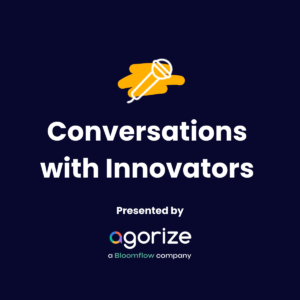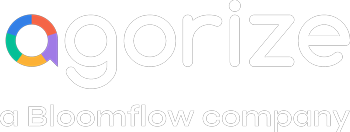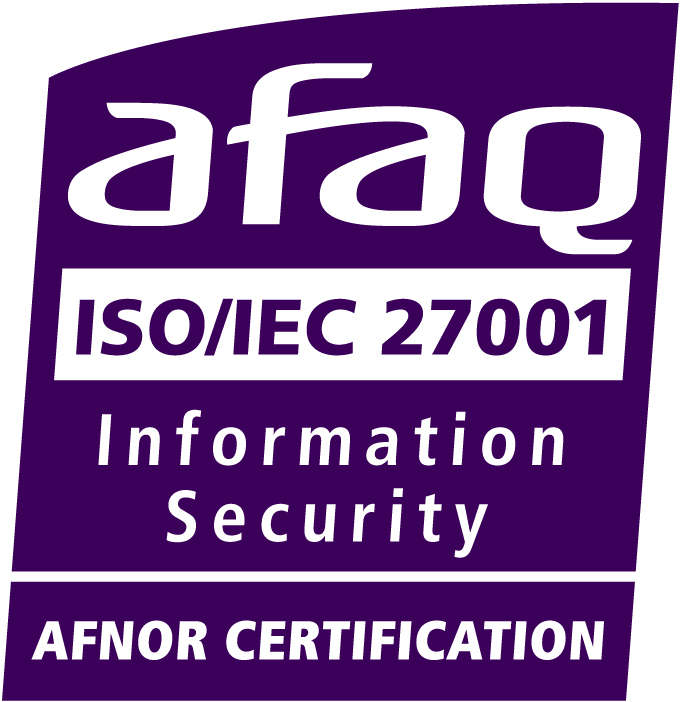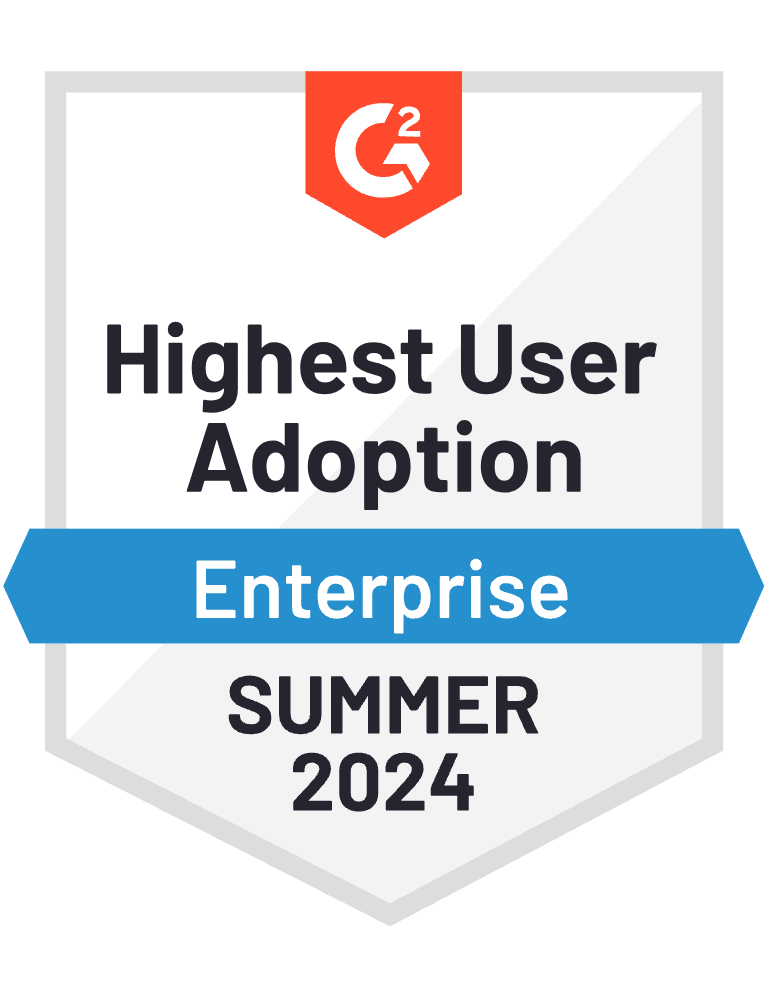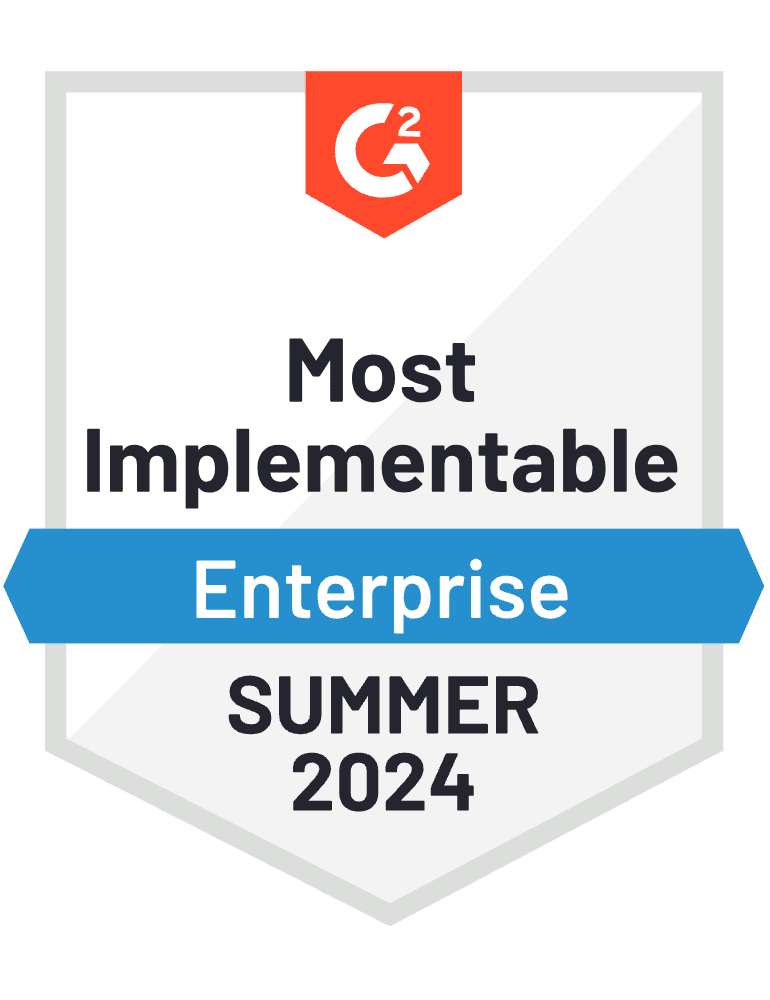Originally written in French by Olivia Mazon. Translated by Hannah-Mei Grisley.
In a marketing environment full of strategies, skills, and consumer needs, we should ask ourselves where open innovation fits in big businesses’ marketing strategies.
Reflecting on the global final of an innovation challenge organized by one of the biggest French cosmetic brands, it’s now time for us to draw lessons from this experience. For the last 20 years, this brand has set up an international marketing challenge dedicated to its brand of professional products. Intended for students, the 2018 edition invited participants to disrupt the beauty industry by inventing the client experience of tomorrow.
So, how can open innovation be strategically profitable? What are the impacts and issues for this large cosmetics group’s marketing strategy?
Uncontested Leadership
World leader and giant in the beauty industry, this brand continues to develop its leadership in the cosmetics market. On a global scale, the cosmetics market is valued at USD $390 billion, a growth rate of 4% by 2020.
As the home of over 3 billion potential consumers, over half (51%) of sales in the global beauty market are coming from the Asia-Pacific region, according to Euromonitor International. North America and Europe remain the top two markets for color cosmetics (eye makeup, lip products, facial makeup, and so on) with shares of 26% and 28% respectively.
While the explosion of beauty and lifestyle influencers on Youtube, Instagram, and live streaming platforms may have had something to do with these consumption trends, the ever-increasing demand means morale must be high for the giants of the beauty industry.
During a financial board meeting, the cosmetics group in question returned to their balance sheet and focused on the success of their strategy. In 2016, this player in the cosmetics industry announced its revenue, generated uniquely through e-commerce, had increased by 33%, which represents 6.5% of the group’s turnover.
So, how do you explain such a constant and thriving growth rate? What were the catalysts of such an accolade in terms of employer branding?
Neither the market, its growth nor the technicality or the quality of products are the sole answers.
An Innovative Marketing Strategy
Let’s go back in time a little.
Over two decades ago, the group had already figured out and initiated a well-worn open innovation strategy before its competitors. The idea: organize a student marketing challenge with an international scope in order to mobilize collective intelligence to help their business.
Strategically, this approach is relevant because in order to succeed and maintain their position in one of the most competitive markets, businesses must identify new uses and needs to innovate more and more quickly. By organizing this type of marketing challenge, the brand assures it gains agility and capitalizes on the knowledge of the student community.
Obviously, beyond the short-term benefits that this type of challenge brings, this approach allows the company to remain attentive to the evolution of their own market in a larger sense.
The competition, organized by this cosmetics group, contributes to developing their employer brand while allowing young talent to discover the business, its challenges and its culture ‘from the inside’. At the same time, the company develops the employability of its participants by making them work on real problems. For the 2017 edition, candidates were invited to pick a challenge composed of 3 dimensions: marketing, technology and CSR.
The challenge reveals itself as a dedicated and interesting pool for talent recruitment and equally, an innovation incubator for prospective talent and their projects.
Finally, somewhere between a Crowdsourcing operation and a ‘shadow’ Executive Committee made up of young people, the challenge breathes new life into the group’s marketing strategy: clearly positioned in a co-creation approach.
What are the advantages of this Smart Challenge?
Each and every one of us produce a mass of data on the Internet everyday. Our data is collected across sites, apps and forms. This same data is reused by businesses to improve and personalize their service.
At a time of digitalization of the society, more and more voices are raised against this passive co-creation that is done unknown to the consumer or behind our backs.
A name has been given in this angry wave 2.0 : Digital Labour.
With the creation of this marketing challenge, the business has opted for the (only?) good solution to appease the distrust of Internet users regarding the brands: initiating a direct and accepted collaboration with consumers.
This competition is an olive branch, which also seeks to assure a ‘soundbox’ around the project. (There’s nothing quite like a challenge or consumer whose principal role is to generate content like wildfire.)
Beyond involving a potential consumer throughout the creation process voluntarily and ethically, the challenge reinforces transparency too (welcoming products and services that are better targeted and better performing)! So why would you deprive yourself of this?
Co-create To Go Further
Between a brand, open innovation and its target consumers, it’s a real-life love story.
In May 2016, the cosmetics giant notably invested in a British incubator to support the growth of startups with high potential and in the launch phase. There was a lot of interest but very few were the right fit. A selection process without precedent was undertaken: 180 startups started the process but only 5 survived. The idea was to represent the very wide spectrum of a multi-products brand: custom nail art printing, creating personalized cosmetics, a platform connecting brands and influencers… The sectors are very diversified, proving that beyond its exhaustive size, this business is interested today in what will happen tomorrow.
The company makes it clearly transparent of its wish to reach a new target – consumers with a preference for natural products, taking a startup proposing natural and personalizable cosmetic products under its wing. The new startup offered products developed by someone with a Ph.D. in nuclear medicine – a continuation of what the group had been trying to promote. Indeed, in 2016, the cosmetics group launched a haircare range without silicone, parabens free and without colorings in response to the growing demand for sustainable products.
One year later, the group reiterated this by announcing its partnership with Station F, the biggest startup incubator in the world. The group was allowed to add a program dedicated to digital beauty. A win-win collaboration: allowing incubators to introduce sectors not traditionally involved in the creation of startups, according to Xavier Niel. It is the first FMCG business to be integrated into a startup hub and to direct the 27th program theme.
More than a Title
This cosmetics group knew how to position itself as a visionary in its strategy by capturing the benefits of investing in open innovation, and that was 25 years ago! The pioneer in its industry, the brand decided to break the rules to invest in new markets and attract consumers who were not only younger but also more focused on quality.
The business launched its own challenge targeted at students. The goal? Discover students who could add to the company by capturing innovation and insights of everybody.
Thomas Edison: The value of an idea depends on its use
By soliciting this external audience via open innovation, the brand wins more than just in words:
- The brand created engagement from its consumers and future opinion leaders who are students of top universities and startup founders
- The brand identified new expectations of consumers and welcomed relevant suggestions of innovation and functions that they can adopt
- The brand recruits talent based on concrete developments and nurtures its pool of talent
- The brand explores the combined new uses, from sensory marketing to digital beauty
What is Agorize?
Agorize is the most comprehensive innovation management platform, supported by a team of experts and community of innovators. For over a decade, we’ve been providing technology powered by a community of 5 million innovators to foster change and accelerate innovation. Our clients and partners worldwide crowdsource, evaluate and develop solutions from startups, employees, developers and students using Agorize.
We’ve helped over 300 global enterprise companies in Europe, North America, and Asia Pacific, including Enterprise Singapore, Huawei, Microsoft, LVMH, PepsiCo, Bayer, Schneider Electric, Hitachi, L’Oréal and many more by running their innovation programs.
What is an idea box?
Agorize IDEA BOX is an ideation management platform that helps organizations collect, assess and develop ideas from their employees or external communities. It’s an all-in-one solution with features to simplify the process of crowdsourcing ideas, so ideation can be accelerated and improved. Individuals or teams can submit ideas, which can then be evaluated by peers or experts on the platform through grades or virtual investments.
Then, the best ideas can be further developed with the input of others through feedback and comments. Our IDEA BOX solution is popular amongst HR and innovation leaders at enterprise companies. IDEA BOX allows HR leaders to engage employees across teams and countries to contribute valuable ideas and collaborate. As such, positively contributing to the company culture, employee satisfaction and retention and overall ROI. On the other hand, IDEA BOX supports innovation leaders in solving problem statements by opening up to the relevant communities they want to engage, such as customers, employees or other innovators.
What is an innovation challenge?
An innovation challenge, or innovation competition, is a competition organized by a company to bring forward innovative solutions. The organizer defines clear objectives and problem statements, after which innovators are invited to submit their ideas and solutions.
Proposals can come from startups, employees, students or other talent that is relevant to the topic at hand. Through a process of crowdsourcing and assessing ideas, mentoring participants and developing solutions, the organization will identify the winning proposals that will be implemented. More than 300 enterprise companies have organized innovation challenges with Agorize.
Their results speak for themselves. They’ve reduced go-to-market time with internal teams, fast-tracked the development of niche solutions with the products and services of startups, created long-term strategic partnerships and brainstormed future-proof ideas with students from top universities. Overall, it accelerated their own transformation and made themselves more future-proof.




